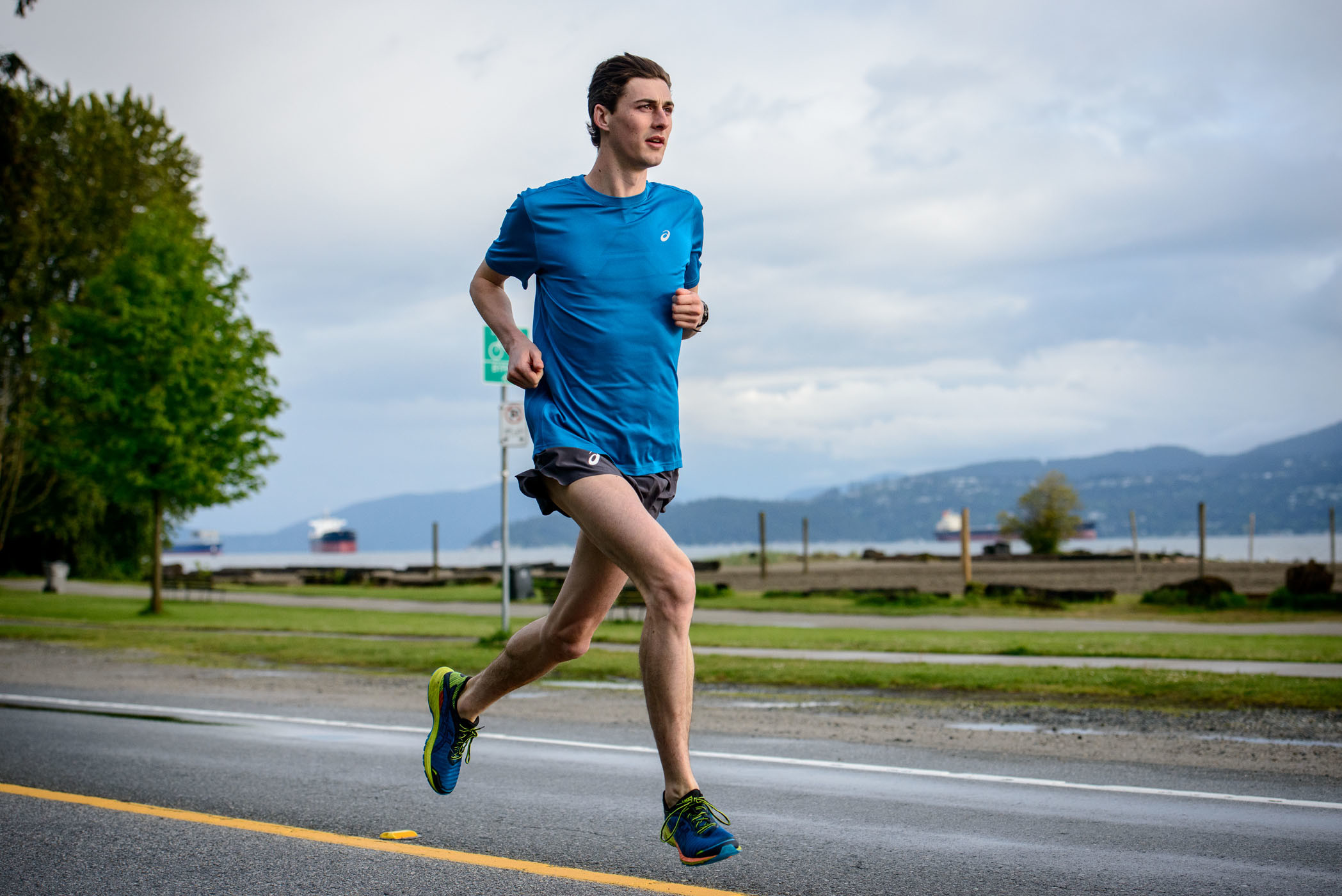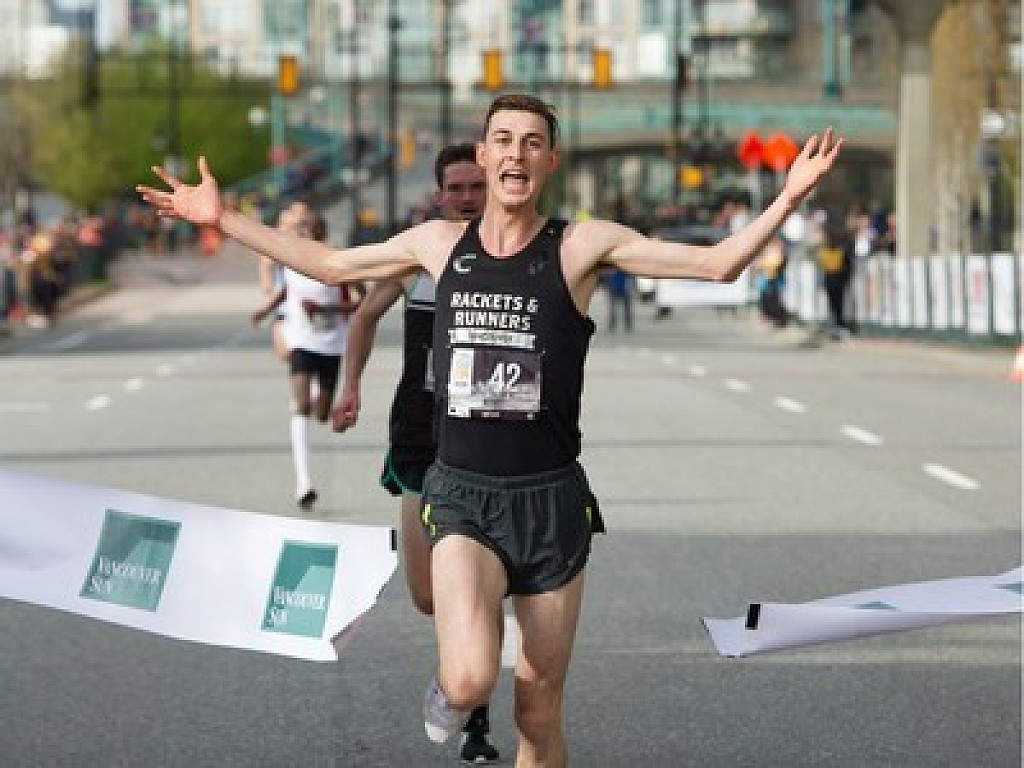Running News Daily
Running News Daily is edited by Bob Anderson. Send your news items to bob@mybestruns.com Advertising opportunities available. Train the Kenyan Way at KATA Kenya and Portugal owned and operated by Bob Anderson. Be sure to catch our movie A Long Run the movie KATA Running Camps and KATA Potato Farms - 31 now open in Kenya! https://kata.ke/
Index to Daily Posts · Sign Up For Updates · Run The World Feed
Canadian 20,000m record holder Justin Kent is set to make his debut in the marathon on Sunday at The Marathon Project
Justin Kent is set to make his debut in the marathon on Sunday at The Marathon Project in Chandler, Ariz. Kent, who also works as a coach with Mile2Marathon, is no stranger to road racing, having won the virtual Canadian 10K Championships in July (he ran 28:52) and having run an unofficial half-marathon PB of 1:02:34 in October. The marathon is a completely different beast, though, and Kent says he knows there’s a steep learning curve when it comes to running 42.2K well.
Below is his favorite type of workout from his marathon build, and while he admits it “isn’t the most glamorous” of sessions, he says it is an important one that all prospective marathoners should include in their training schedules.

Kent says he respects the distance and his fellow athletes too much to try to forecast what time he will run on Sunday. “Obviously I want to run really fast, but if I made some crazy prediction saying I would go and run a certain time, I think it’d be a disservice to people who have run those times in the past.” He has put in the work, though, giving himself the best chance to run a great time. One of his favourite workouts in this build to The Marathon Project has been the progression run.
“I’ve grown to love the long, sustained efforts,” Kent says. “A few years back when I was training for the 1,500m, I always enjoyed the long run, and over the years, it’s become even more enjoyable.” He recently completed a 38K progression run that featured “a pretty solid chunk at marathon pace.” These runs are so important and effective, he says, because they help “your body get used to the effort that you need to maintain that marathon goal pace.”

Kent says he believes that the experience he has gained from these long efforts will help him at The Marathon Project. He adds that he has already seen the benefits of his progression runs in a race setting when he ran the national 20,000m record of 1:01:01 in November. “These kinds of workouts aren’t as exciting to talk about as big runs on the track,” he says, “but the sessions that aren’t as glamorous are the best bang for your buck.”
If you’re planning on running a marathon, adding some progression runs to your schedule could really help you out. Kent says to warm up as you would for a track session with drills to get your body ready for the effort. Then, start your run with 5K to 8K of easy running. “Just go through the motions,” Kent says. “It’s just normal running for a while, and then you start picking it up. The key is to not hammer it right off the bat.”
After your warmup, your run can vary in distance. No matter how far you’re planning to run, you should reach marathon pace at some point. For example, if you warm up with an easy 8K, you can spend the next 8K slowly building. After that, close with 8K at marathon pace. By the time you reach the marathon pace section, you will probably already be at least a little tired, which is why this type of workout can be so effective.
There’s no chance that you won’t feel tired in your marathon, and getting used to running while tired will only help you on race day.
Try it out yourself, and play with the distances. Progression runs can also be used in training for other distances. The key is to reach race pace and maintain it for a solid period of time.
by Ben Snider-McGrath
Login to leave a comment




